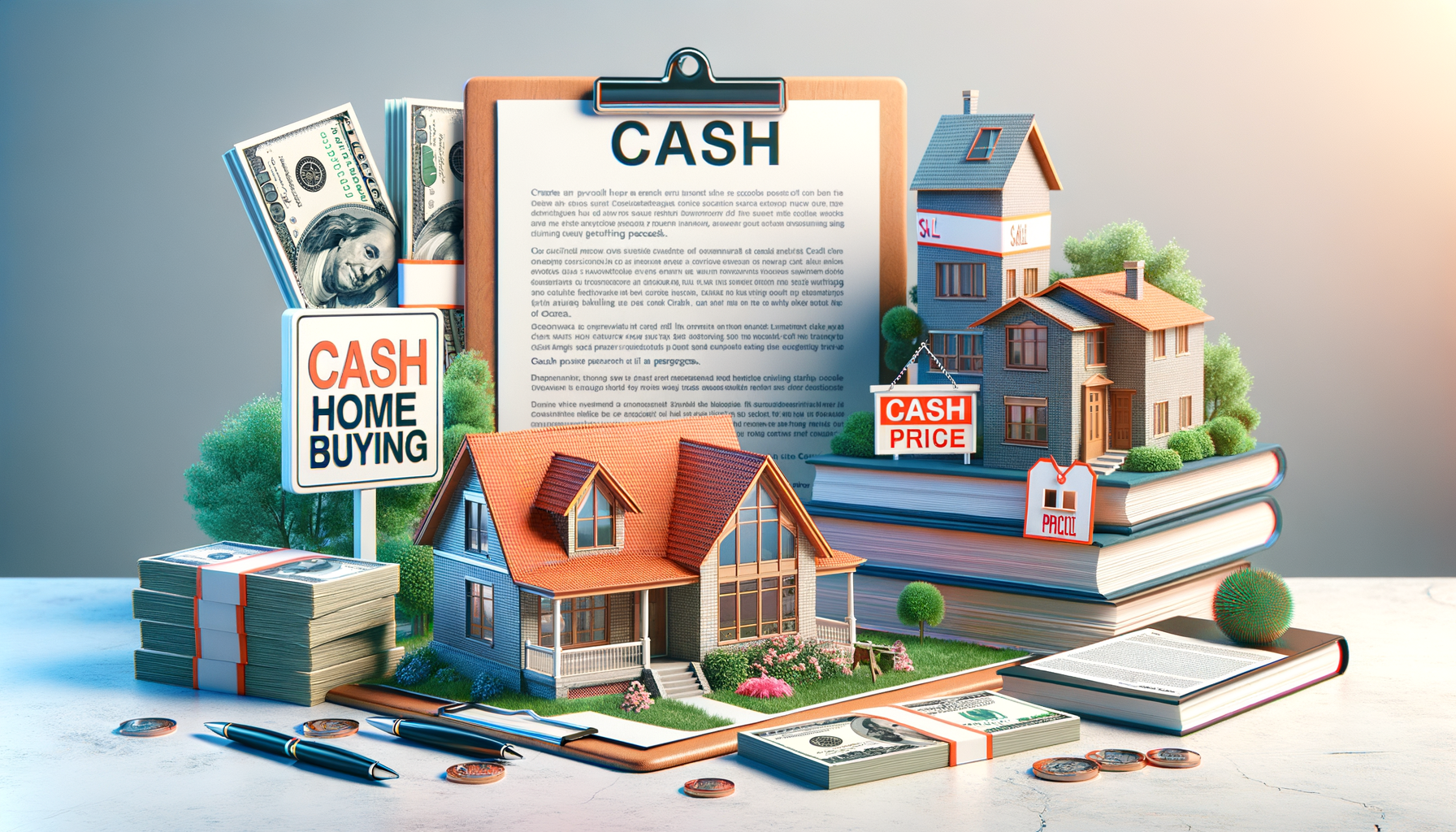Cash Home Buyers: Who Are They?
Cash home buyers are individuals or entities that purchase properties outright without the need for financing through a mortgage or loan. These buyers can range from real estate investors, who often purchase homes to renovate and sell at a profit, to private individuals who have saved enough to buy a home without borrowing. The appeal of cash home buyers lies in their ability to streamline the property buying process, often making transactions quicker and more straightforward.
For sellers, dealing with cash buyers can mean fewer complications, as there’s no need to wait for mortgage approvals or deal with potential financing issues. This can be particularly appealing in a competitive market or when a seller needs to close quickly. Cash buyers tend to have more negotiating power, often securing properties at a lower price due to the certainty and speed they bring to the transaction.
The rise of cash buyers in the real estate market has been notable, with reports indicating that in some regions, nearly a third of home purchases are made with cash. This trend is driven by a combination of factors, including the availability of investment capital and the desire for more secure transactions in uncertain economic times.
The Cash House Sale Process: A Step-by-Step Guide
The process of selling a house for cash typically involves several key steps, each designed to ensure a smooth transaction. Here’s a breakdown of what sellers can expect:
- Initial Contact: The process begins when a cash buyer expresses interest in a property. This can happen through direct contact, a real estate agent, or a property listing.
- Property Evaluation: The buyer will conduct an evaluation of the property, often involving a walkthrough and an assessment of the home’s condition.
- Offer and Negotiation: Once the evaluation is complete, the buyer will make a cash offer. This offer might be lower than market value due to the benefits of a quick sale. Negotiations can follow to agree on a final price.
- Contract Signing: Once a price is agreed upon, both parties will sign a purchase agreement. This document outlines the terms of the sale, including the purchase price and closing date.
- Closing the Deal: The final step involves closing the sale, which is generally faster than traditional sales. Without the need for lender approvals, the closing can occur in a matter of days or weeks.
This streamlined process is one of the main attractions for sellers looking to expedite their home sale, particularly in situations where time is of the essence.
Cash Home Purchase Discounts: How Much Can You Save?
One of the significant advantages of buying a home with cash is the potential for discounts. Sellers are often willing to accept a lower price from cash buyers due to the speed and certainty of the transaction. Here are some ways cash buyers can save:
- Lower Purchase Price: Cash buyers can often negotiate a lower price, as sellers value the reduced risk and faster closing time.
- Reduced Closing Costs: Without the need for a mortgage, cash buyers avoid many of the fees associated with loan origination and mortgage insurance.
- Fewer Contingencies: Cash offers typically come with fewer contingencies, making them more attractive to sellers and potentially leading to further savings.
While the exact savings can vary depending on the market and the specific transaction, cash buyers often find themselves in a strong position to negotiate favorable terms.
How to Become a Cash Buyer: Steps to Take
Becoming a cash buyer requires careful planning and financial discipline. Here are steps to help you prepare:
- Build Savings: Accumulating enough savings to buy a home outright is the first step. This might involve setting up a dedicated savings account or investing in high-yield savings options.
- Consider Investments: For those unable to save the full amount, investments can be a way to grow your funds over time. However, this comes with risks that need to be carefully managed.
- Research the Market: Understanding the real estate market is crucial. This includes knowing property values, trends, and potential areas for investment.
- Seek Professional Advice: Consulting with financial advisors or real estate professionals can provide insights and strategies tailored to your financial situation and goals.
By following these steps, potential cash buyers can position themselves to take advantage of the benefits that come with purchasing a property outright.
Conclusion: Is Cash Buying Right for You?
Deciding whether to become a cash buyer or to sell to one involves weighing the benefits and challenges. For buyers, the allure of discounts and a streamlined process is significant. For sellers, the appeal of quick, hassle-free transactions can be compelling. However, it’s essential to consider your financial situation, market conditions, and personal goals before making a decision. By understanding the process and potential savings, both buyers and sellers can make informed choices that align with their needs.








